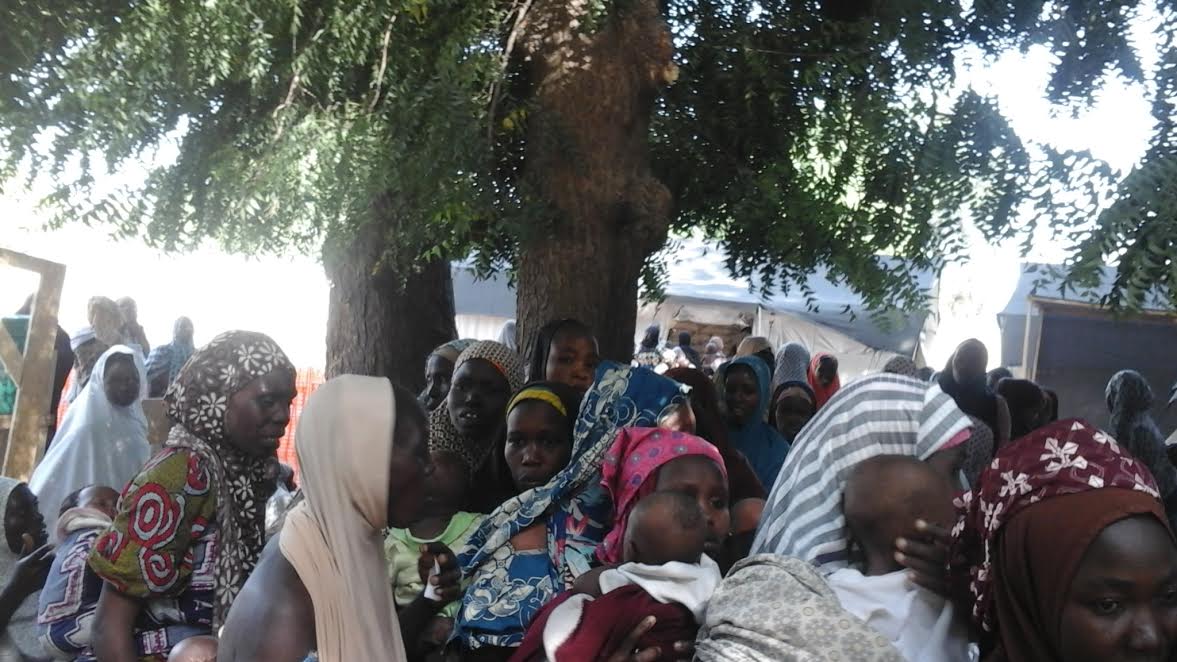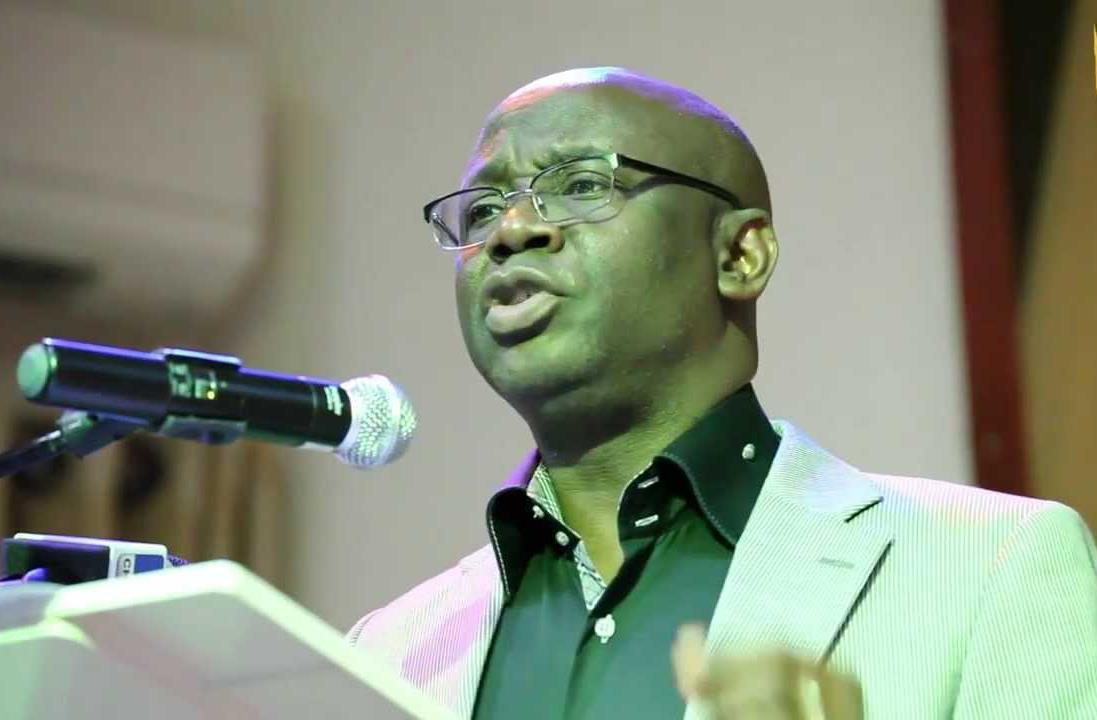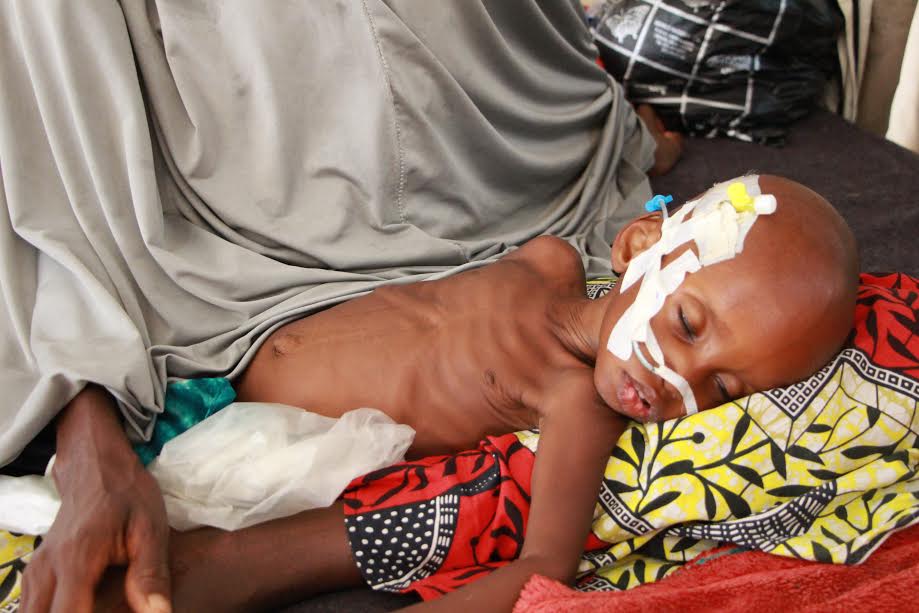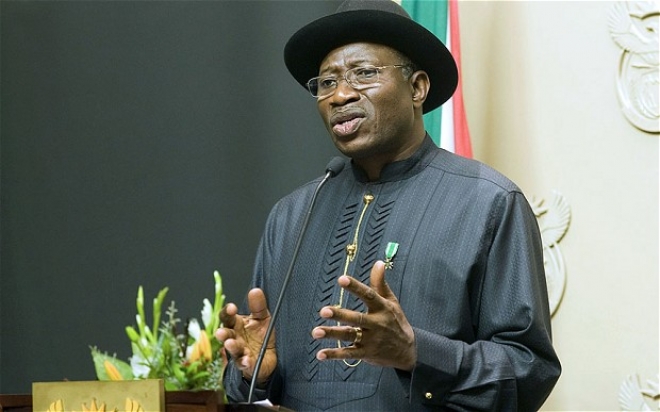The Presidential Committee for North East Initiative (PCNI) has developed a framework of action, tagged the ‘Buhari Plan’, to rehabilitate victims of insurgency and reconstruct their communities.
Mohammed Danjuma, head, programme, management and coordination of the committee, disclosed this on Saturday during an interview with NAN in Abuja.
Danjuma said that the journey towards the rehabilitation and reconstruction of the north-east and its recovery efforts in 2017 required effective coordination, with PCNI piloting the agenda.
He explained that the humanitarian crisis had been heightened following the liberation of more people from Boko Haram-held territories, leaving many of them in dire need of humanitarian and psychological assistance.
Advertisement
He said the multiple humanitarian actors on the field, who are operating in silos, had also led to duplication of efforts, further worsened by the lack of coordination.
These, he said, had led to lack accountability and transparency.
He said all these prompted the committee to adopt the Buhari plan, which is optimised to direct and guide the delivery of all north-east intervention initiatives.
Advertisement
“The Buhari plan is working to achieve a safe and prosperous north-east that will be a global model for post-conflict socioeconomic recovery and development,” he said.
“The plan also hopes to achieve peace and stability in the region with the provision of equal access to basic services and facilities.
“We would also ensure the protection of women and girls against Sexual and Gender Based Violence (SGBV), and target socioeconomic development for women and youths to empower them.”
Danjuma said that in order to achieve the objectives of the plan, the committee had come up with a work plan divided into short-term, intermediate and long-term components.
Advertisement
He explained that the short-term component, which would focus on immediate comprehensive relief, social stabilisation, and early recovery, is aimed at addressing the immediate challenge of over seven million people in need.
The programme coordinator said the intermediate component, which would focus on relocation, rehabilitation and resettlement, aims to support the voluntary resettlement of 2.4 million displaced persons.
“The long-term component will focus on economic and development strategies of the north-east, which is aimed at providing sustainable growth for 21.4 million citizens,” he added.
“We hope to achieve the long-term plans in six to 60 month, the short term within six to 12 months, and the intermediate component within six to 24 months.”
Advertisement
Add a comment






